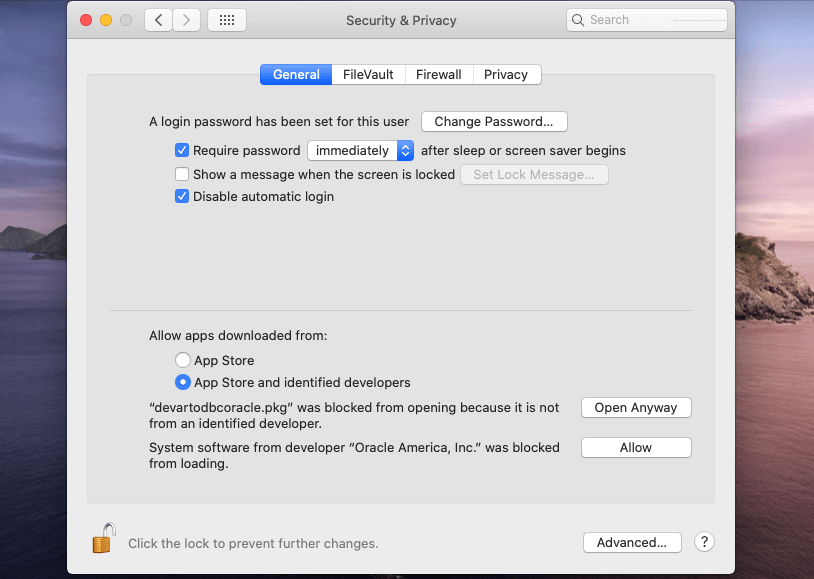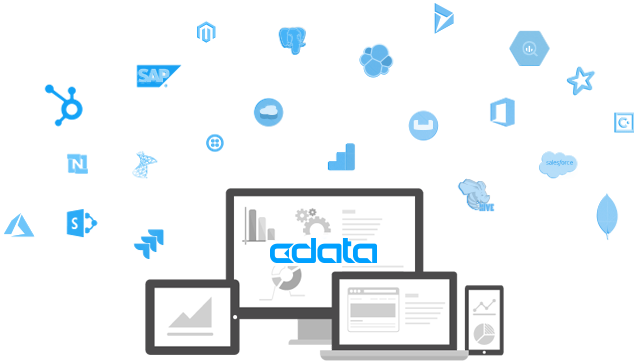
- MAC ODBC DRIVER FOR ACCESS HOW TO
- MAC ODBC DRIVER FOR ACCESS INSTALL
- MAC ODBC DRIVER FOR ACCESS DRIVERS
- MAC ODBC DRIVER FOR ACCESS UPDATE
Remove RODBC and start again.įollow the author as on Twitter and on App.Net. If you get an error message that contains in it, or a message that says named character(0), it means you are using the wrong library version (the default and not the newly compiled one). To see if it actually works, launch RStudio and type: library("RODBC") ** testing if installed package can be loadedĪll the installer does is test that the library loads.
MAC ODBC DRIVER FOR ACCESS INSTALL
Then manually compile and install RODBC (you need the full path to the downloaded file for it to work): $ R CMD INSTALL /Users/Hiltmon/Downloads/RODBC_1.Īfter a pile of configure and compile messages, you should see: ** R This tells the compiler to use the unixODBC ODBC libraries installed by Homebrew in /usr/local/lib and not the iODBC ones installed by Apple in /usr/lib. To compile and install it properly, first do: $ DYLD_LIBRARY_PATH=/usr/local/lib The goal here is to link RODBC with the installed unixODBC library to make it work.ĭownload the source code of RODBC from CRAN RODBC and choose the package source link (refers to the 1.3-8 version). If you have already done this, remove.packages("RODBC") in R to get rid of it. packages.install("RODBC"), you will get a version compiled with the non-working iODBC libraries. Warning: If you install RODBC the usual way, i.e. Test the connection using isql $ isql -v database1Īnd you should see +-+ Need Other Versions or MacOS Support ActivePerl includes a version of Perl and hundreads of popular packages, pre-compiled and ready to use. You could also set the connection in ~/.odbc.ini but I find system level connections work better, especially when moving code into production. Download the latest driver file from the postgres file browser and then (only commands shown): $ tar zxvf Įstablish the driver in /usr/local/etc/odbcinst.ini: The best way to install this is to download and compile it manually.
MAC ODBC DRIVER FOR ACCESS UPDATE
This turns out to be easy, just use Homebrew: $ brew update

MAC ODBC DRIVER FOR ACCESS DRIVERS
Xcode with command line tools installed (needed to compile the ODBC drivers and RODBC).It is assumed you have the following installed and running:

MAC ODBC DRIVER FOR ACCESS HOW TO
So here’s how to set up R with unixODBC on OS X to access a PostgreSQL database. And two, even if you do install the ODBC Administrator tool and configure iODBC, it does not work with unicode drivers and databases. One, it uses the iODBC libraries that come with OS X and these do not work out of the box. The data is in a PostgreSQL database, so we use the RODBC package to access the database from R.īut this does not work under Macintosh OS X.

~Hilton.Īt work, we use R to analyze data and calculate risk. Use the RPostgresSQL package that connects directly using the C drivers, its a lot faster to set up and run. The developer provides an overview of how many of the systems work, how you can implement building blocks, and other vital information for the development of your database.Hi Folks, Please do not follow this advice, its an old article that somehow has stayed way past its welcome in the search engines. The best place to get started is the Axisbase Documentation Home. A building block is "a data subset, list, graph, window, or report." The building blocks can become incredibly complex, such is the underlying depth of Axisbase. You will use Axisbase "building blocks" to develop your database. Note: Axisbase doesn't support standard SQL, so be careful!Īxisbase isn't the most accessible database program to use. Axisbase is slightly different from the other entries in this list in that it offers an entire database solution, with a familiar front-end interface that feels similar to Filemaker, Access or Base, but can also act as a database server like MySQL. Axisbase was brought to life by a frustrated developer, angered at the expense of forcing his clientèle to pay for Microsoft Access, though development seems to have stopped in January 2011.


 0 kommentar(er)
0 kommentar(er)
